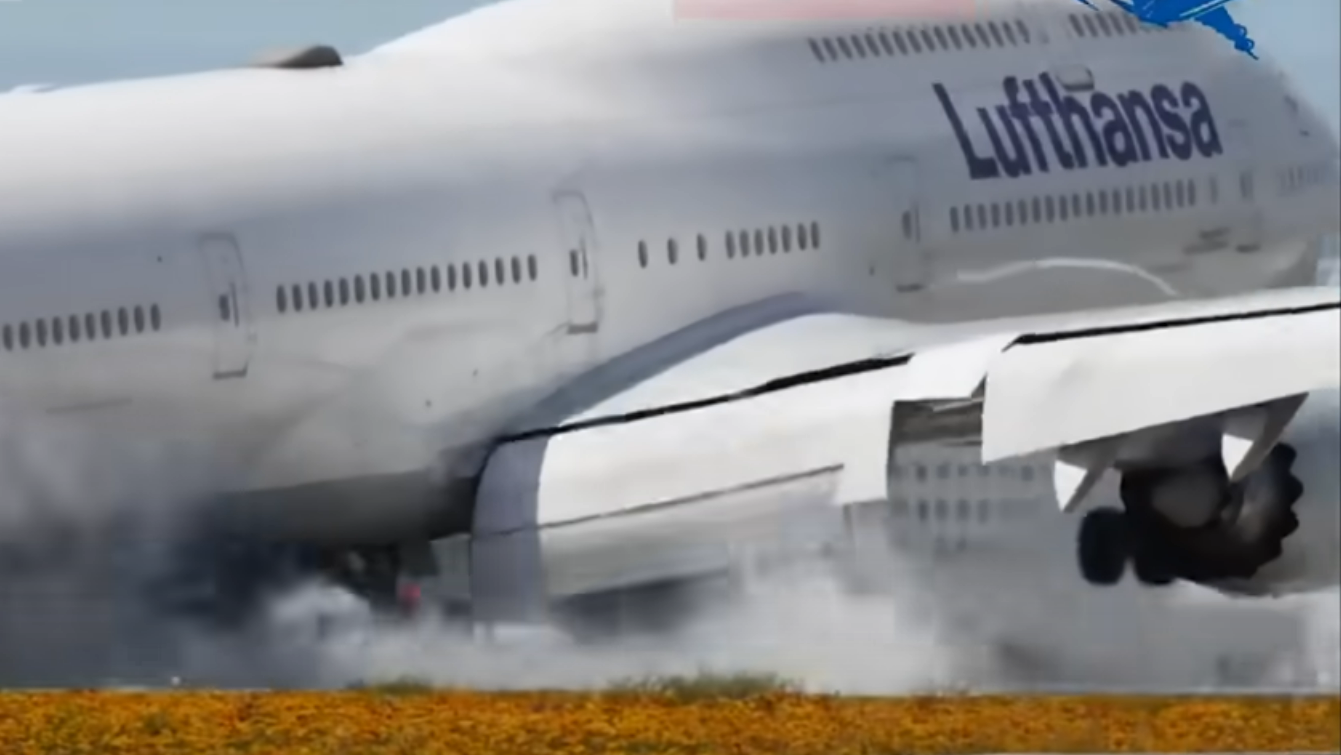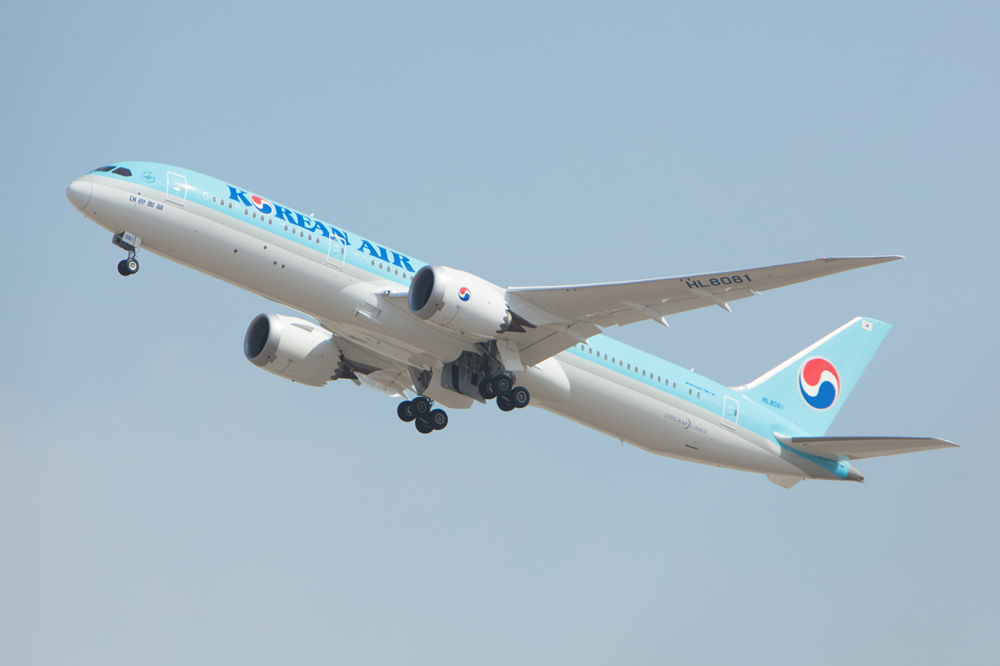Boeing says a review of its 737 MAX simulators concluded they are functioning correctly despite new messages that raise questions about how the company dealt with the regulators in getting them certified.
The company on Thursday said it was publicly releasing additional messages sent to the Federal Aviation Administration and law-makers prior to Christmas and that it remained confident in the regulatory process for qualifying the MAX simulators.
Similar to damaging messages unveiled in October, the new messages include conversations among Boeing employees about software problems and other issues with MAX simulators and suggest some may have been concealed from the Federal Aviation Administration.
READ: Canadian PM in starling claims 737 was hit by a missile.
“I still haven’t been forgiven by God for the covering up I did last year,” The New York Times quotes one of the employees as saying in one of the latest messages from 2018, noting this is apparently in reference to interactions with the regulator.
An employee asks in another message: “Would you put your family on a Max simulator trained aircraft? I wouldn’t.”
A colleague responds: “No.”
Boeing acknowledged the messages, which related to development and certification of MAX simulators in 2017 and 2018, contained provocative language and in some cases “raise questions about Boeing’s interactions with the FAA in connection with the simulator qualification process”.
“Having carefully reviewed the issue, we are confident that all of Boeing’s MAX simulators are functioning effectively,” it said.
“The qualification activities referenced in these communications occurred early in the service life of these simulators.
“Since that time, both internal and external subject matter experts have repeatedly tested and qualified the simulators at issue.
“Indeed, more than twenty regulatory qualifications of MAX simulators, performed by the FAA and multiple international regulators, have been conducted since early 2017.”
The company said a specific Miami simulator used for the early qualification tests had been re-evaluated six times.
It said the simulator software had been constantly improving during this time, through repeated cycles of testing, qualification, and revision of the software code.
“These communications do not reflect the company we are and need to be, and they are completely unacceptable,” it said.
“That said, we remain confident in the regulatory process for qualifying these simulators.”
But House Committee on Transportation and Infrastructure chair Peter DeFazio said the new emails were “incredibly damning”.
He said they showed a coordinated effort dating back to the earliest days of the 737 MAX program to conceal critical information from the regulators and the public.
“They paint a deeply disturbing picture of the lengths Boeing was apparently willing to go to in order to evade scrutiny from regulators, flight crews, and the flying public, even as its own employees were sounding alarms internally,’’ he said.
“I can only imagine how painful it must be for the families of the 346 victims to read these new documents that detail some of the earliest and most fundamental errors in the decisions that went into the fatally flawed aircraft.”
Boeing said the additional documents were identified in legal reviews of the MAX program and the decision to provide them to the FAA and Congress reflected its transparency and cooperation.
“We welcome, and will fully support, any additional review the FAA believes is appropriate in connection with any of these matters, as well as the continued involvement of the relevant congressional committees with these issues,” it said.
Apologizing for the messages, Boeing said it had made significant changes to the company’s culture, safety processes and organization.
“The language used in these communications, and some of the sentiments they express, are inconsistent with Boeing values, and the company is taking appropriate action in response,” it said.
“This will ultimately include disciplinary or other personnel action, once the necessary reviews are completed.”
























